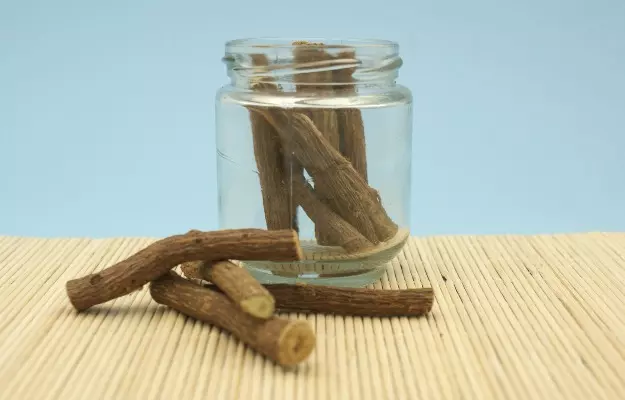India’s Council of Scientific & Industrial Research (CSIR) on 8 May started a clinical trial, to test the efficacy of Ayurvedic remedies like Ashwagandha, Yashtimadhu (mulethi), Guduchi Pippali and a formulation known as AYUSH-64 against COVID-19.
Guduchi Pippali is a combination of giloy and long pepper. AYUSH 64 is an Ayurvedic anti-malaria drug that contains Saptaparna stem bark (Alstonia scholaris), Katuki root (Picrorhiza kurroa), Chirayata (Swertia chirata) and Kuberaksha seed (Cesalpinia crista).
According to the AYUSH ministry, frontline workers, including sixty-four healthcare workers and lakhs of people working in high-risk zones, will be given these Ayurvedic medicines during the trial. The idea is to test the effectiveness of these remedies as an add-on to fight the new coronavirus infection that has already made nearly 60,000 people sick in India.
Add-on means that the ayurvedic medicines will be given in addition to standard care for COVID-19, and not as a replacement for therapies and allopathic medicines approved by the Indian Council of Medical Research (ICMR).
Results of the trial--a joint initiative of India’s Ministry of Health and Family Welfare, Ministry of AYUSH, and the Ministry of Science and Technology, being conducted by CSIR with technical support from the ICMR--are of course some time away. In the meantime, here’s a quick look at the four Ayurvedic remedies and what we know about their antiviral and anti-inflammatory properties so far.



























